Como definir coisas?
Esse é mais um post que foi baseado em alguns vídeos que eu gravei um tempo atrás nos quais compartilhei no Youtube e no Linkedin algumas perguntas que eu faço a mim mesmo. No texto de hoje eu me pergunto, e compartilho contigo, o seguinte questionamento:
Como é o processo de definir as coisas que nos cercam?
Eu estava ouvindo um podcast e o entrevistador pergunta para a pessoa que estava sendo entrevistada como ela define a profissão dela. Eu então me fiz a mesma pergunta: Como defino um SEO? Como explicar isso para a minha mãe?
A minha profissão tem o problema de ter a mesma palavra para definir o que é o campo que nós atuamos (Search Engine Optimization) e o profissional que atua nesse campo, o SEO (analista, especialista, etc).
E ai comecei a pensar em formas diferentes de como profissionais diferentes definem o SEO.
Para mim SEO não é um conjunto de técnicas mas uma visão estratégica que precisa estar alinhada aos objetivos do negócio onde eu atuo, seja em qual papel for. Algumas pessoas não concordam comigo, o que é completamente natural, e por conta disso elas definem a mesma atividade de uma maneira completamente diversa da minha.
As pessoas que definem o SEO da mesma maneira que eu, que enxergam o papel da Semântica no nosso trabalho, chamam o SEO de Semântico. O Google nos empurrou nesse caminho e o modo como definimos nossa atividade profissional mudou com esse movimento.
Se você quer assistir o vídeo abaixo, eu falo mais sobre como essa definição diferente muda a forma como hoje eu (e muitos outros profssionais) atuam de forma diferente do mercado tradicional de SEO, mas nesse texto quero ir além.
O problema da definição dos conceitos na recuperação da informação.
Quando falamos de entidades, os blocos fundamentais do que chamamos de grafo de conhecimento, gerado através da criação de taxonomias e ontologias, estamos falando de um problema a ser constantemente enfrentado: a ambiguidade.
Como saber qual a entidade a que nos referimos quando eu cito, por exemplo, a palavra Jaguar?
- Jaguar pode ser uma marca de automóveis.
- Jaguar pode ser um time de futebol.
- Jaguar pode ser uma animal
De qual jaguar você está falando? Através do contexto, nós usamos fazemos naturalmente e quase instantaneamente, a desambiguação. Esse palavrão também tem vários significados, dependendo da área do conhecimento que trata dele, por exemplo, desambiguação para a linguística está ligado ao “processo de explicação à mensagem que possui mais de um sentido. Um termo ambíguo é, então, aquele que traz uma mensagem ou instrução confusa e que pode ser interpretado de mais de uma maneira.”
Na Wikipedia vemos que:
A desambiguação é utilizada tanto na escrita quanto na fala, na língua de sinais, e até em sistemas informatizados — quando dois objetos (ou ações, ou adjetivos, incluindo termos concretos e abstratos) possuem o mesmo nome.
Desambiguação in Wikipedia
Se você acessa a Wikipédia já viu as páginas de desambiguação. Elas referem-se a um mesmo termo que pode gerar mais que uma interpretação possível (conceitos distintos) a depender dos contextos, e são criadas para organizar os links e as informações para as páginas com o sentido exato de cada um deles.
Definir e ajudar a recuperar a informação
A correta definição dos conceitos e entidades que você usa no seu conteúdo é uma da melhores formas de ter certeza que os algoritmos realmente entenderam o que você está escrevendo.
Para isso vou lhe deixar uma dica de ferramenta Semântica:
Análise Sintática de Frases – Semântico SEO
Use o analisador sintático de frases da Semântico SEO e entenda como os algoritmos e IAs entendem as frases que cria!
https://colab.research.google.com/drive/13b6jFMI0SGoqr1hDXhpvg8qEABXpAQKO?usp=sharing
Esse Notebook foi criado para ajudar redatores a entender como algoritmos e modelos de IA podem entender suas frases. Ele funciona analisando frases – não use parágrafos e textos completos, não vai funcionar – e mostrando em forma de gráficos o entendimento. A principal funcionalidade é a ÁRVORE DE DEPENDÊNCIAS. Analise como um algoritmo analisa os componentes do seu texto e os relaciona. Mude a ordem deles e veja o impacto no entendimento.
Este post foi inspirado em uma série de vídeos rápidos que eu gravei em uma tentavia de compartilhar algumas perguntas que me vieram à cabeça durante os meus estudos em SEO, Web semântica, ontologias e taxonomias, que hoje estão relacionados ao meu trabalho e a metodologia que eu criei, chamada Fluxo de Trabalho Semântico e alguns pensamentos para o futuro do SEO.
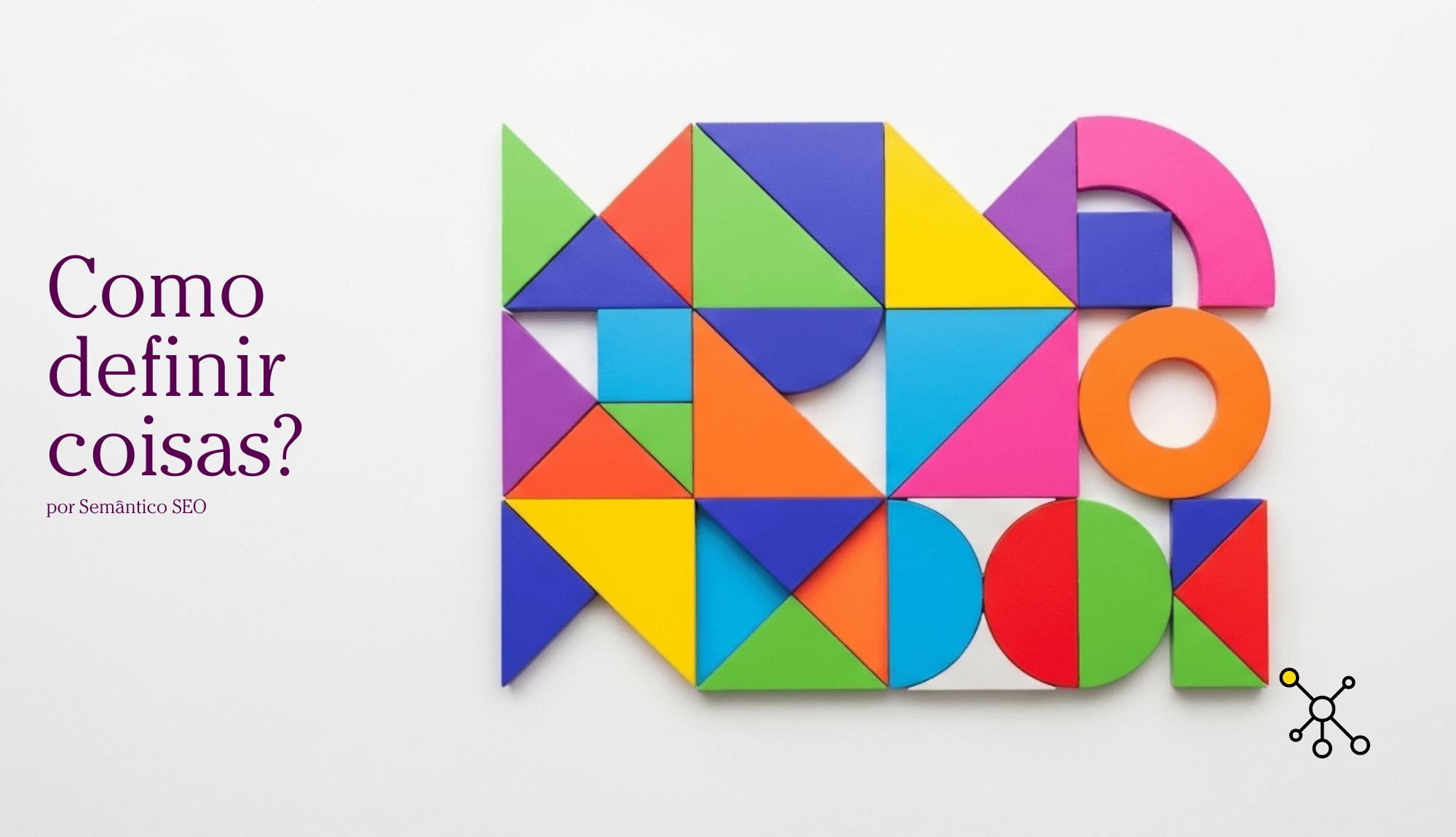
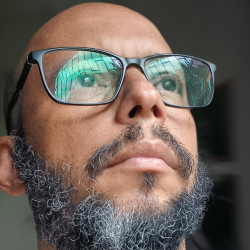
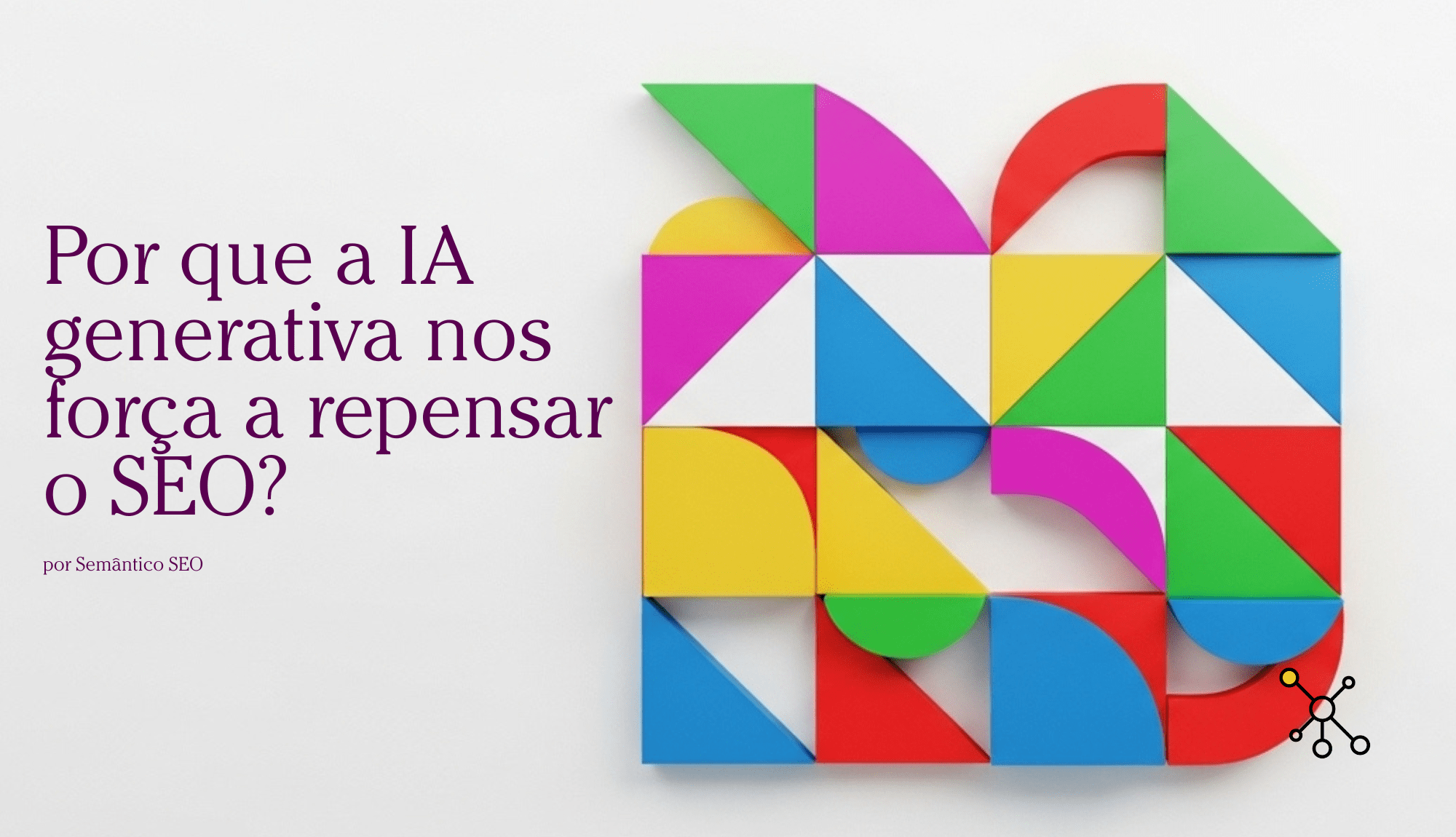
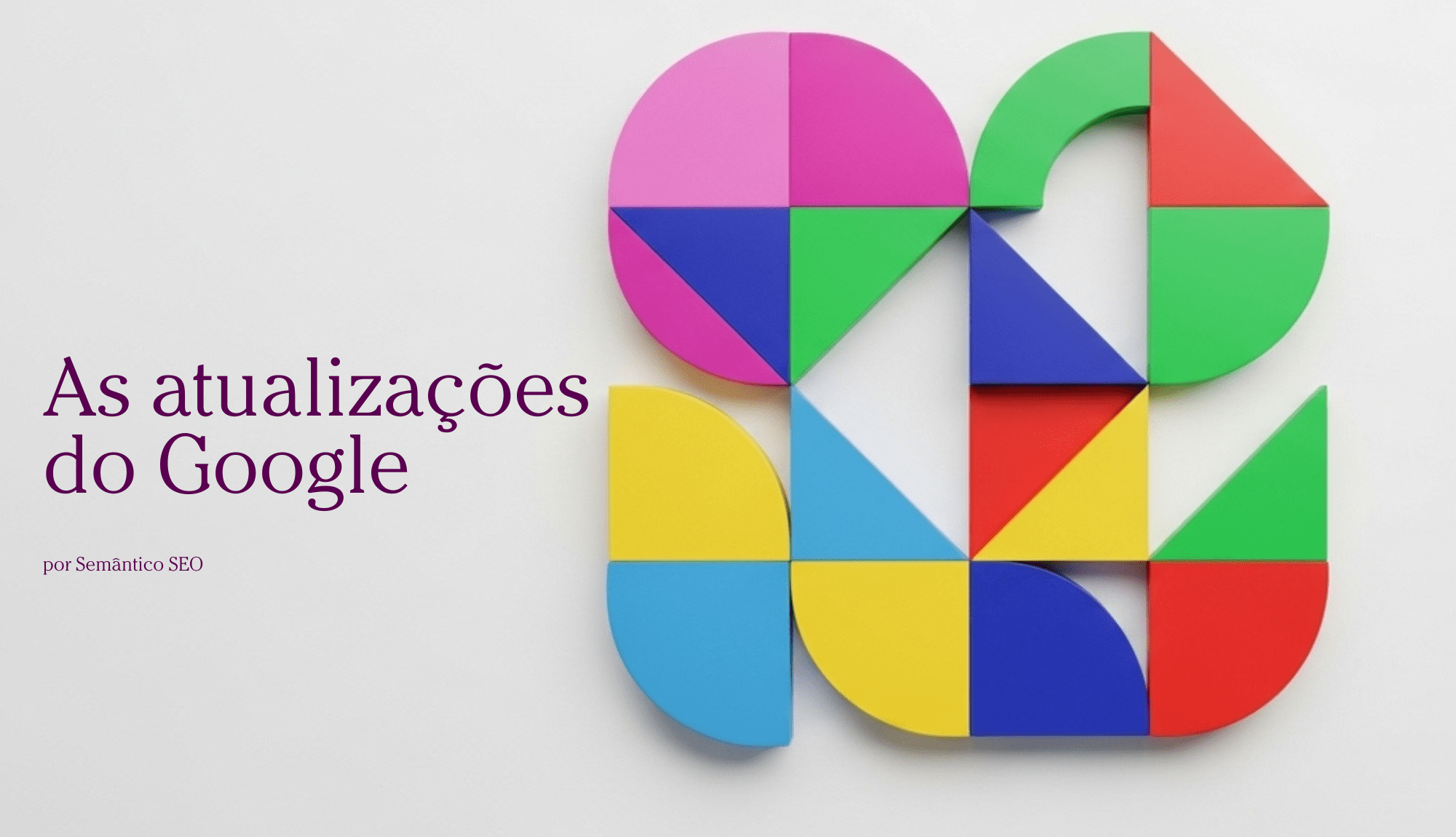
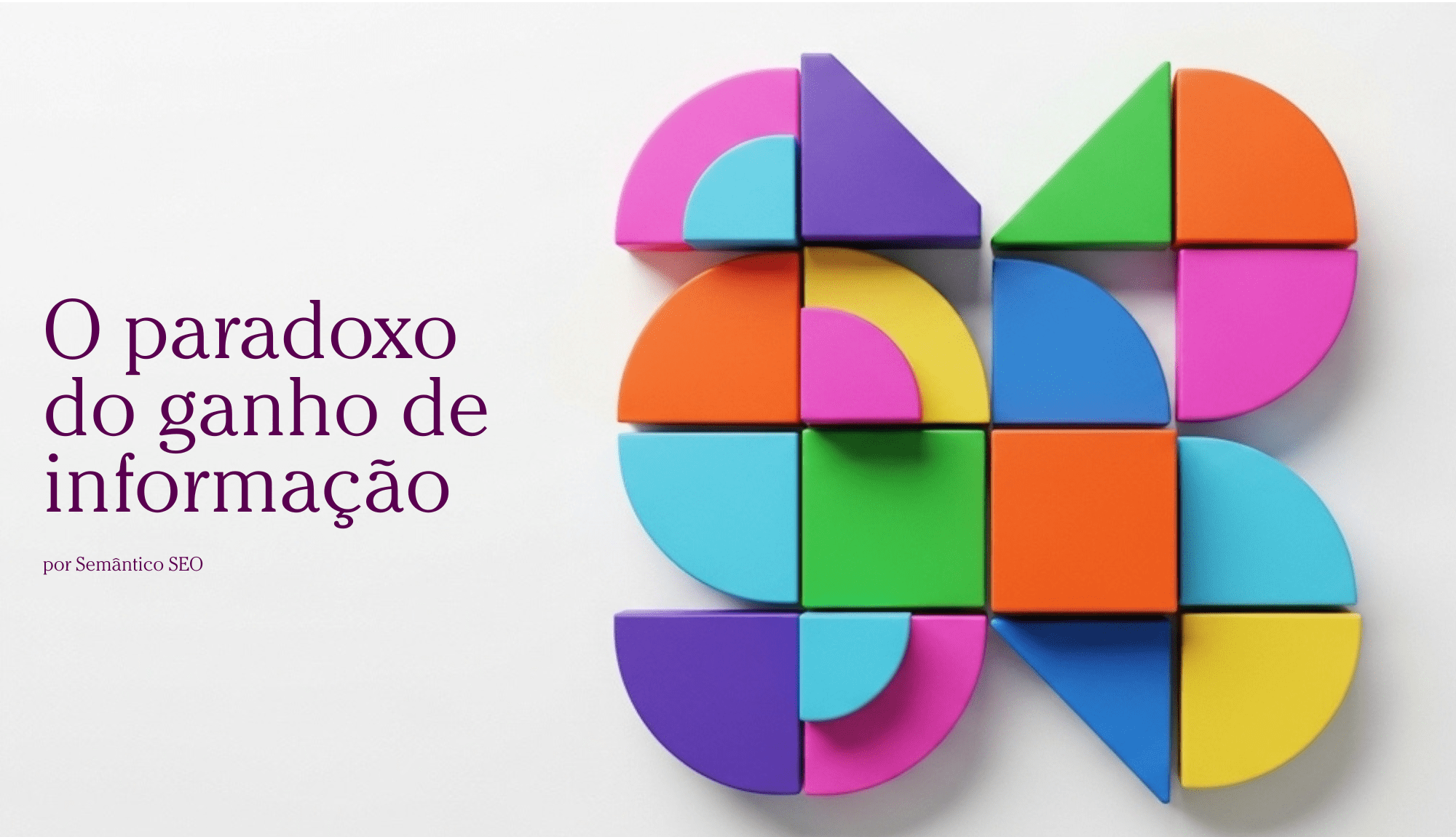
Publicar comentário